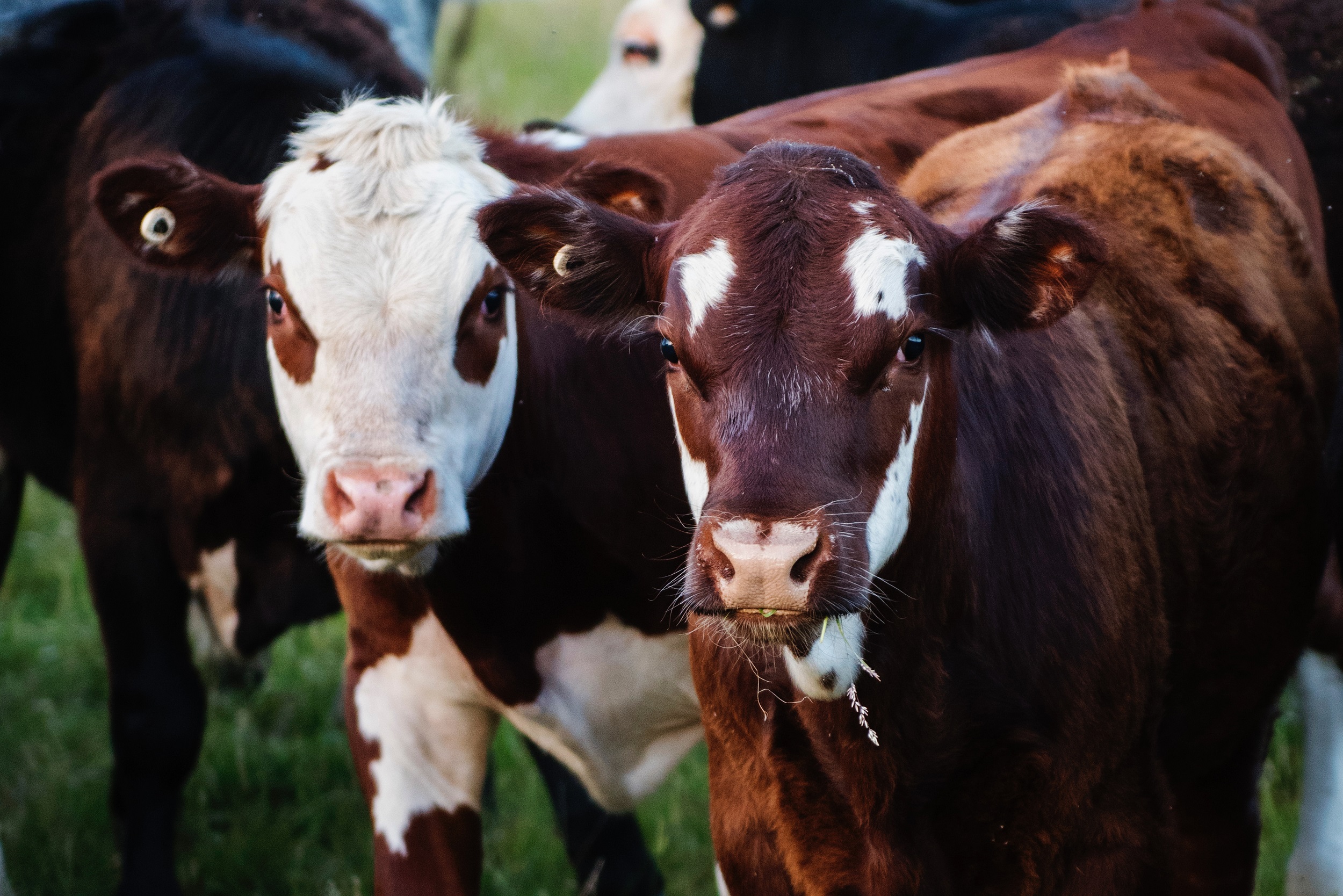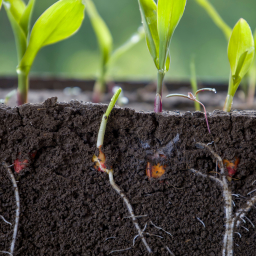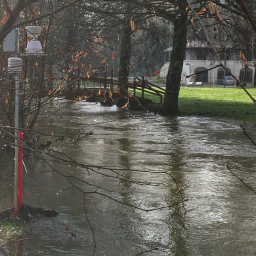NEW
New strategies to mitigate the effects of livestock farming on climate change
11 August 2021New strategies to mitigate the effects of livestock farming on climate change
- NEIKER researcher Roberto Ruiz explains our projects to reduce CO2 emissions generated by the livestock industry
The latest report published by the IHOBE (Basque Government Public Environmental Management Company) indicates that the entire primary sector (agriculture, livestock and fishing) is responsible for 3% of all greenhouse gas (GHG) emissions in the Basque Country. While this figure represents a much smaller portion of emissions than other economic activities in the autonomous community, work clearly must be done to mitigate the impact of climate change while also improving economic, social, and environmental aspects.
According to Roberto Ruiz, a researcher at NEIKER technology centre, this impact is one of the arguments used in a number of areas to encourage substantial reduction to animal-based food consumption and even the adoption of vegetarian and vegan consumption habits.
Nevertheless, the NEIKER expert believes that livestock farming may go from being part of the problem to being part of the solution, thanks to the new feeding and manure management strategies tested by the technology centre to reduce these CO2 emissions. Above all, the projects they are working on to increase the amount of carbon left by livestock in the soil while grazing will help mitigate climate change.
“Pressure from society, the market and the distribution industry seems to be growing for more industrialised production systems, as has already occurred with demands for better animal welfare. Technology can and should be a major support to improve both grazing-based systems and more intensive systems to be more efficient”, the NEIKER expert said.
In NEIKER we are working on a variety of initiatives focused on improving the sustainability of livestock farming, having the lowest possible impact on the environment and even bolstering ecosystemic services associated with livestock farming.
Within the framework of the METALGEN project, for instance, we have worked to measure the methane emitted by dairy cows in the Basque Autonomous Community (and the rest of Spain) to identify and select the animals that tend to emit less while still maintaining good production levels.
Moreover, Ruiz and his team are also encouraging regenerative rotational grazing with the REGENFARMING initiative. “It’s a practice that has been gradually implemented in a growing number of herds. In addition to setting the carbon input into the soil, it allows herds to be more self-sufficient, improves the health of the soil, bolsters grass production, and thereby reduces production costs and yields high-quality foods”, the researcher added.
In this sense, a number of research projects have demonstrated the beneficial role of grazing on the intrinsic quality of the final products both in terms of nutritional composition (better fatty acid profile) and/or organoleptic characteristics.
According to Ruiz, that’s why it’s important to assess farming from a big picture standpoint and not focus on a single aspect, like the carbon footprint.
Livestock feed alternatives
Another line of research being followed from NEIKER to respond to the challenges of Basque livestock farming is the search for more sustainable and healthier alternatives for animal feedstock.
“We’ve done livestock feed projects with soy and palm oil alternatives, particularly with foods that can be produced here (oilseeds: rapeseed, sunflower, linseed). These alternatives reduce feed costs and produce much healthier meat and dairy”, Ruiz explained.
In NEIKER we are also working to assess the by-products generated in the food chain (whey, coffee grounds, grape stems) as ingredients to feed livestock, improve feed efficiency and reduce methane emissions.
However, the advances to more efficient, environmentally-friendly farming don’t end there. These advances include: the incorporation of GPS-based technologies to facilitate the handling of animals in mountain areas; the development of collaboration networks between owners of agricultural and livestock farming businesses to provide better-quality feed and fodder; the incorporation of renewable energy sources and the promotion of ecological livestock farming; the development of mobile applications to assess animal welfare; and software to analyse large databases generated in the poultry farming value chain are other initiatives that are being implemented to address the challenges of livestock farming.
Given all this, Ruiz has concluded that in order for these projects to have the anticipated positive effects, society as a whole and players within the sector are going to have to help improve society’s perception of livestock farming. He warns that they need to actively make plans to assess and improve the sector’s overall sustainability, including technical and economic aspects, societal aspects, and of course environmental aspects.






